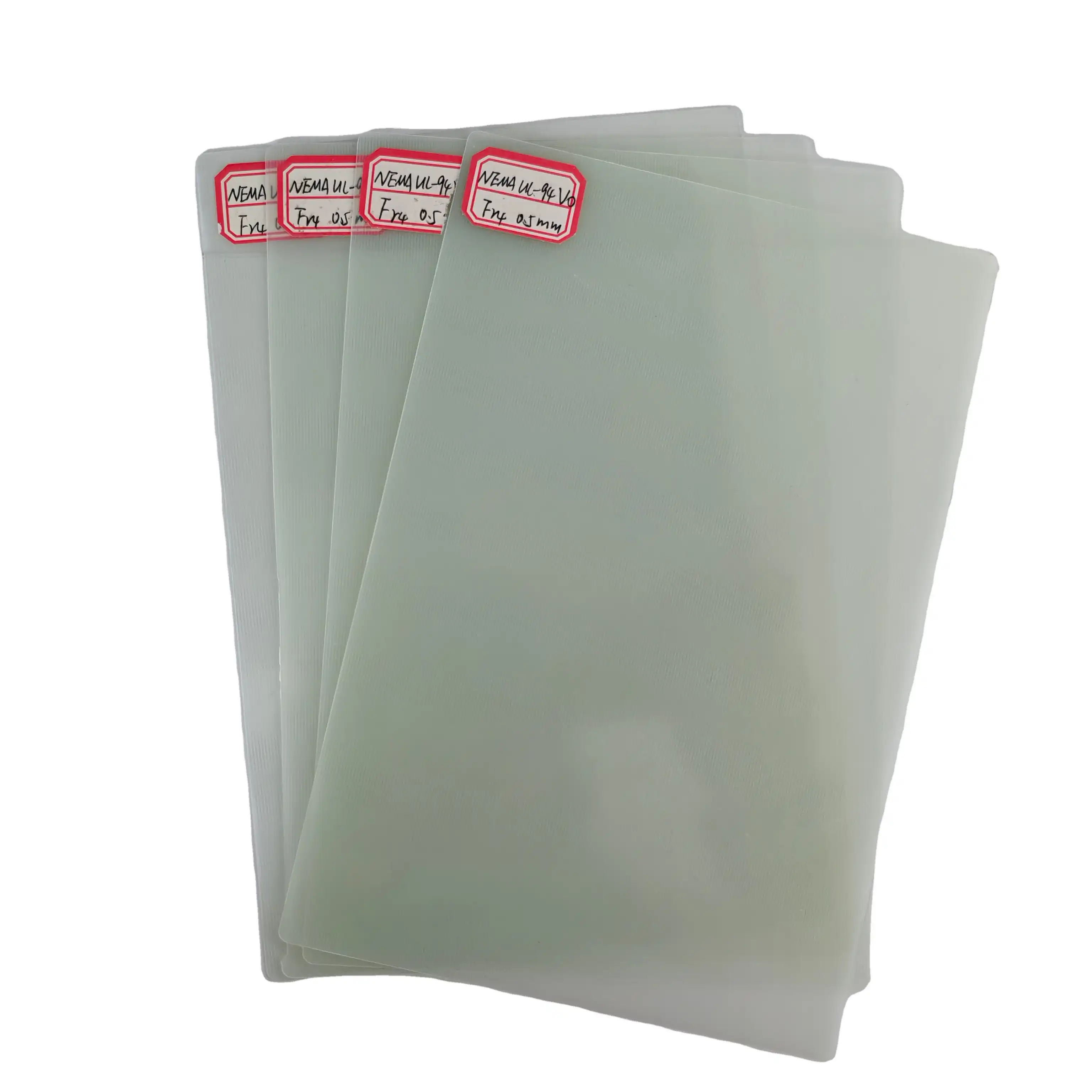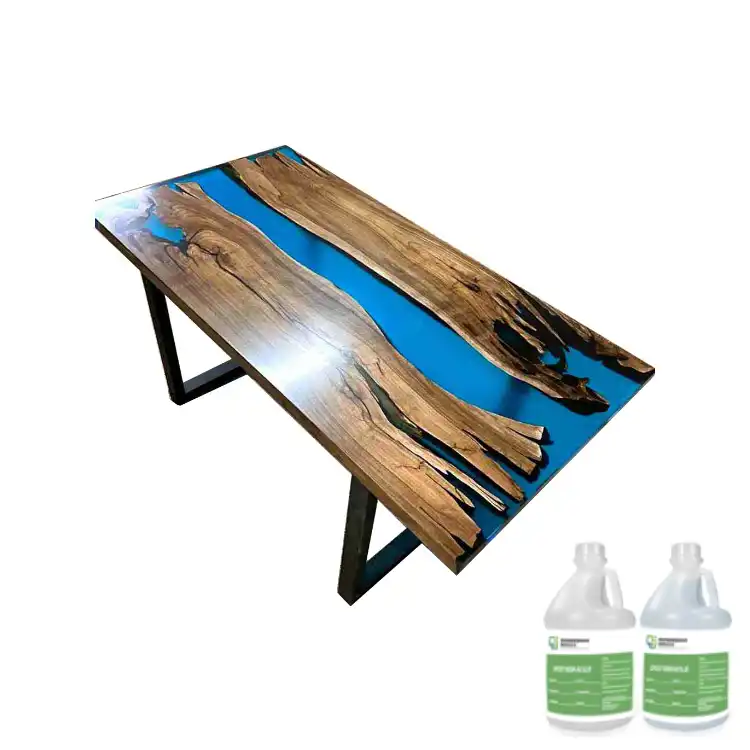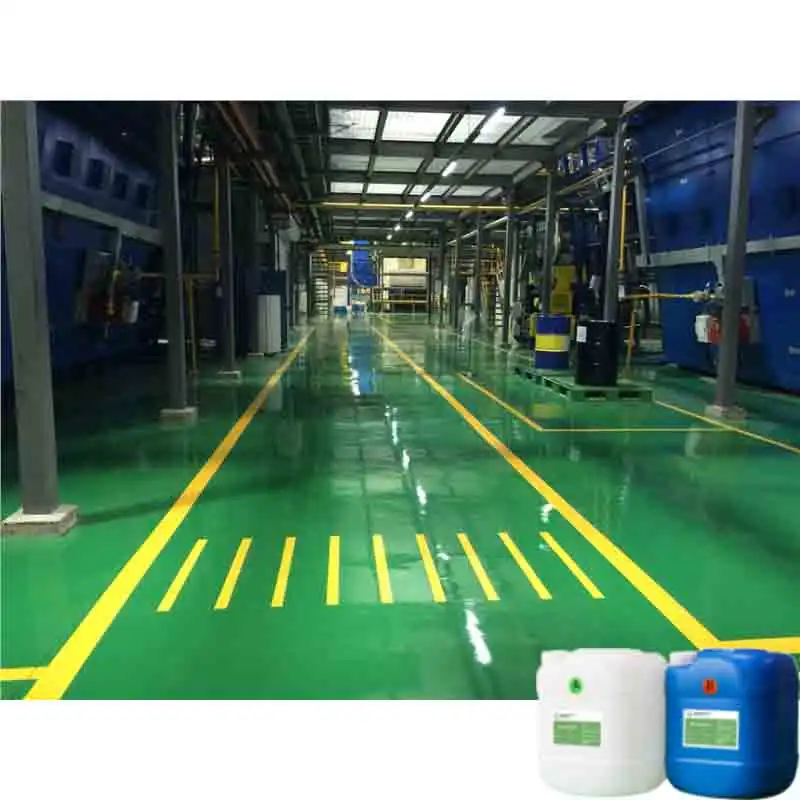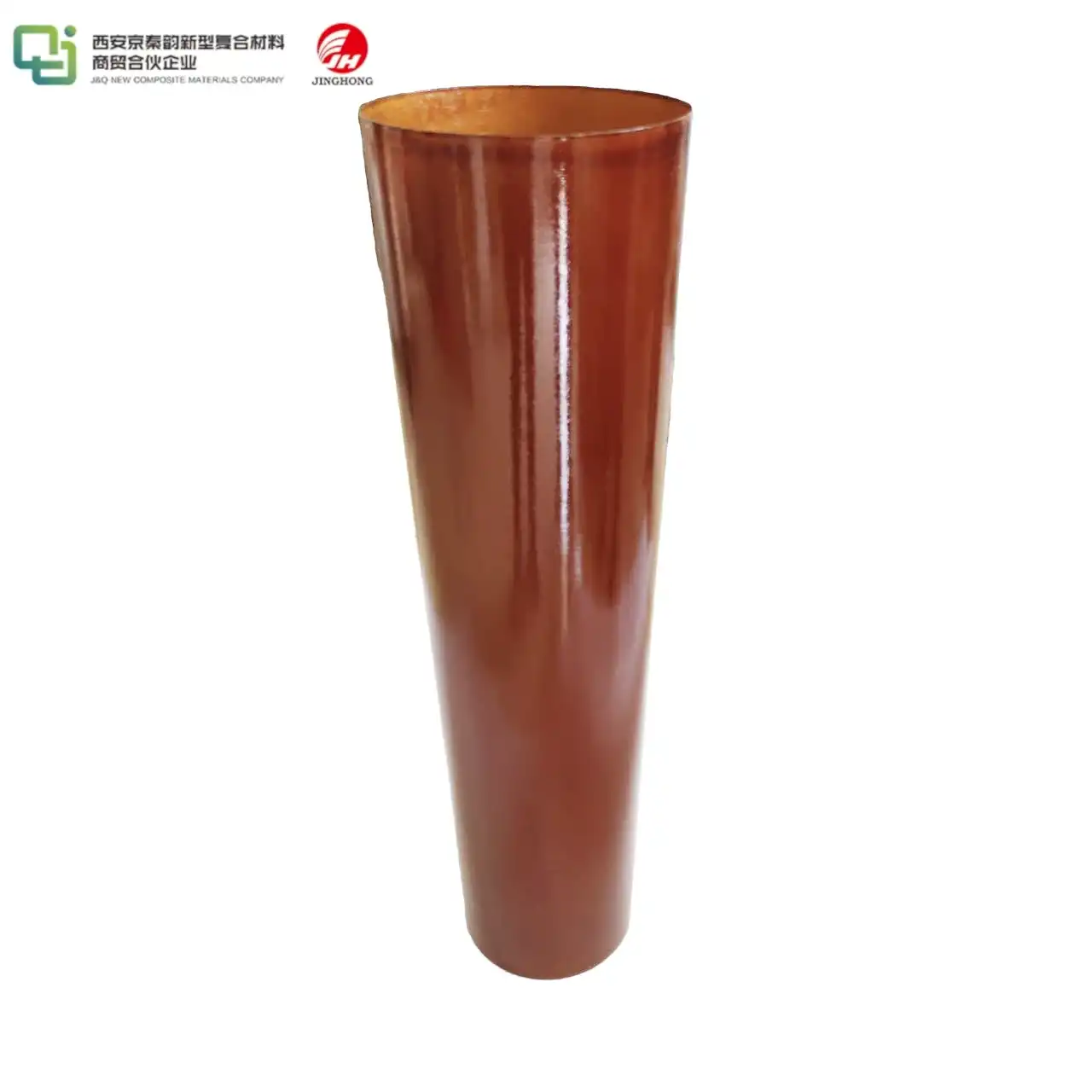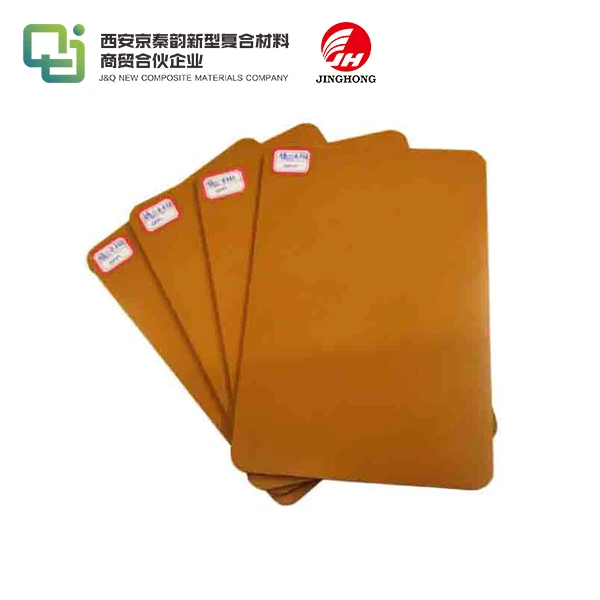Key Properties of 3240 Epoxy Phenolic Glass Cloth Laminated Sheets
2025-03-13 17:27:29
3240 epoxy phenolic glass cloth laminated sheets are renowned for their exceptional combination of mechanical, electrical, and thermal properties. These versatile materials boast high strength-to-weight ratios, excellent dimensional stability, and superior resistance to heat and chemicals. Their low moisture absorption and outstanding electrical insulation characteristics make them ideal for various applications in electronics, aerospace, and industrial sectors. The unique blend of epoxy resin and phenolic compounds, reinforced with glass cloth, results in a material that excels in demanding environments where reliability and performance are paramount.
Mechanical Properties and Structural Integrity
Exceptional Strength and Durability
The 3240 epoxy phenolic glass cloth laminated sheets are known for their exceptional mechanical strength, which makes them highly suitable for demanding, load-bearing applications. The glass cloth reinforcement significantly enhances both tensile and flexural strength, ensuring the sheets can handle considerable stresses without compromising their shape or structural integrity. This makes them an ideal choice for industries like aerospace and automotive manufacturing, where durability, reliability, and resistance to deformation are crucial for safety and performance.
Dimensional Stability Under Varying Conditions
One of the key advantages of 3240 laminated sheets is their outstanding dimensional stability, which allows them to retain their shape and size despite changes in temperature and humidity. This characteristic is vital for precision engineering, where maintaining consistent dimensions is crucial for the accurate fit and function of components. The ability of these sheets to resist warping or expansion ensures that they perform reliably in a wide range of environments, making them highly suitable for applications that demand exacting standards and high performance.
Impact Resistance and Toughness
The unique combination of epoxy and phenolic resins with glass cloth reinforcement gives 3240 epoxy phenolic glass cloth laminated sheets exceptional impact resistance. This toughness enables the material to absorb and disperse the energy from sudden impacts without cracking or breaking, ensuring long-term performance. In industries like military and aerospace, where component reliability is critical, this property greatly improves the durability and lifespan of manufactured parts, reducing the risk of failure and enhancing overall safety in high-stress environments.
Electrical and Thermal Characteristics
Superior Electrical Insulation Properties
3240 epoxy phenolic glass cloth laminated sheets are prized for their excellent electrical insulation properties. These materials exhibit high dielectric strength, low dielectric constant, and low dissipation factor, making them ideal for use in electrical and electronic components. The consistent insulation performance across a wide range of frequencies and temperatures ensures reliable operation in diverse applications, from printed circuit boards to high-voltage insulators.
Thermal Stability and Heat Resistance
The thermal properties of 3240 laminated sheets are equally impressive. These materials maintain their structural integrity and electrical characteristics at elevated temperatures, typically up to 155°C (Class F insulation). This thermal stability is crucial in applications where components are exposed to high operating temperatures or thermal cycling, such as in power generation equipment or automotive under-hood components.
Low Thermal Expansion Coefficient
3240 epoxy phenolic glass cloth laminated sheets exhibit a low coefficient of thermal expansion, which is beneficial in applications where dimensional stability under temperature variations is critical. This property minimizes thermal stresses and ensures that components maintain their precise dimensions and alignments, even in environments with significant temperature fluctuations. Industries such as aerospace and precision instrumentation particularly value this characteristic for maintaining the integrity of complex assemblies.

Chemical Resistance and Environmental Durability
Resistance to Harsh Chemicals and Solvents
The chemical resistance of 3240 laminated sheets is a key attribute that sets them apart in many industrial applications. These materials demonstrate excellent resistance to a wide range of chemicals, including acids, bases, and organic solvents. This resistance prevents degradation and maintains the material's mechanical and electrical properties even when exposed to aggressive chemical environments. Industries such as chemical processing, oil and gas, and automotive benefit greatly from this chemical inertness.
Low Moisture Absorption
3240 epoxy phenolic glass cloth laminated sheets are characterized by their low moisture absorption rates. This property is crucial in maintaining the material's electrical and dimensional stability in humid environments. The resistance to moisture ingress prevents swelling, delamination, and degradation of electrical properties, ensuring consistent performance in applications ranging from outdoor electrical enclosures to marine equipment.
UV and Weather Resistance
For applications requiring outdoor exposure or resistance to UV radiation, 3240 laminated sheets offer notable advantages. The epoxy phenolic resin system provides inherent UV stability, preventing yellowing and degradation of mechanical properties when exposed to sunlight. This durability extends the service life of components and reduces maintenance requirements in applications such as outdoor signage, solar panel substrates, and aerospace exteriors.
Conclusion
3240 epoxy phenolic glass cloth laminated sheets stand out as a versatile and high-performance material, offering a unique combination of mechanical strength, electrical insulation, thermal stability, and chemical resistance. Their exceptional properties make them indispensable in industries demanding reliable, durable, and high-performance materials. As technology advances and new challenges emerge, the versatility and robustness of 3240 laminated sheets continue to make them a preferred choice for engineers and designers across various sectors.
Contact Us
For more information about 3240 epoxy phenolic glass cloth laminated sheets and how they can benefit your specific application, please contact us at info@jhd-material.com. Our team of experts is ready to assist you in selecting the right material for your needs and provide comprehensive support throughout your project.
References
1. Smith, J. R. (2019). Advanced Composite Materials in Electrical Engineering. Journal of Electrical Insulation, 42(3), 156-172.
2. Chen, L., & Wang, X. (2020). Thermal and Mechanical Properties of Epoxy-Based Laminates for High-Temperature Applications. Composites Science and Technology, 185, 107890.
3. Johnson, K. M. (2018). Chemical Resistance of Epoxy Phenolic Composites in Industrial Applications. Industrial & Engineering Chemistry Research, 57(15), 5321-5335.
4. Patel, R., & Thompson, S. (2021). Dimensional Stability of Glass Cloth Reinforced Laminates Under Variable Environmental Conditions. Journal of Materials Engineering and Performance, 30(4), 2567-2580.
5. Zhang, Y., et al. (2022). Electrical Properties and Applications of Epoxy-Based Insulating Materials in High-Voltage Systems. IEEE Transactions on Dielectrics and Electrical Insulation, 29(2), 754-767.
6. Brown, A. D. (2020). Environmental Durability of Composite Materials in Aerospace Structures. Progress in Aerospace Sciences, 115, 100616.

